All News
Future Big BiTEs (6.28.2024)
Dr. Jack Cush reviews the news, journal articles and regulatory announcements from the past week on RheumNow.com.
Read Article
Prevention of Psoriatic Arthritis
Dr. Peter Nash sharing his perspectives on preventing psoriasis from turning into PsA at Eular 2024 in Vienna, Austria.
https://t.co/BHnTciKU1f https://t.co/P7gDZUSGRw
Links:
Dr. John Cush RheumNow ( View Tweet)
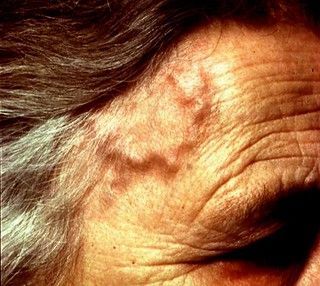
JAK Inhibitors in GCA
Trials are underway evaluating the potential benefits of JAKi in GCA patients who are refractory to standards of care. An observational real-world analysis of a small worldwide cohort suggests the utility of JAKi in GCA.
https://t.co/d4IsqBgkxQ https://t.co/PIDhwzgNym
Links:
Dr. John Cush RheumNow ( View Tweet)
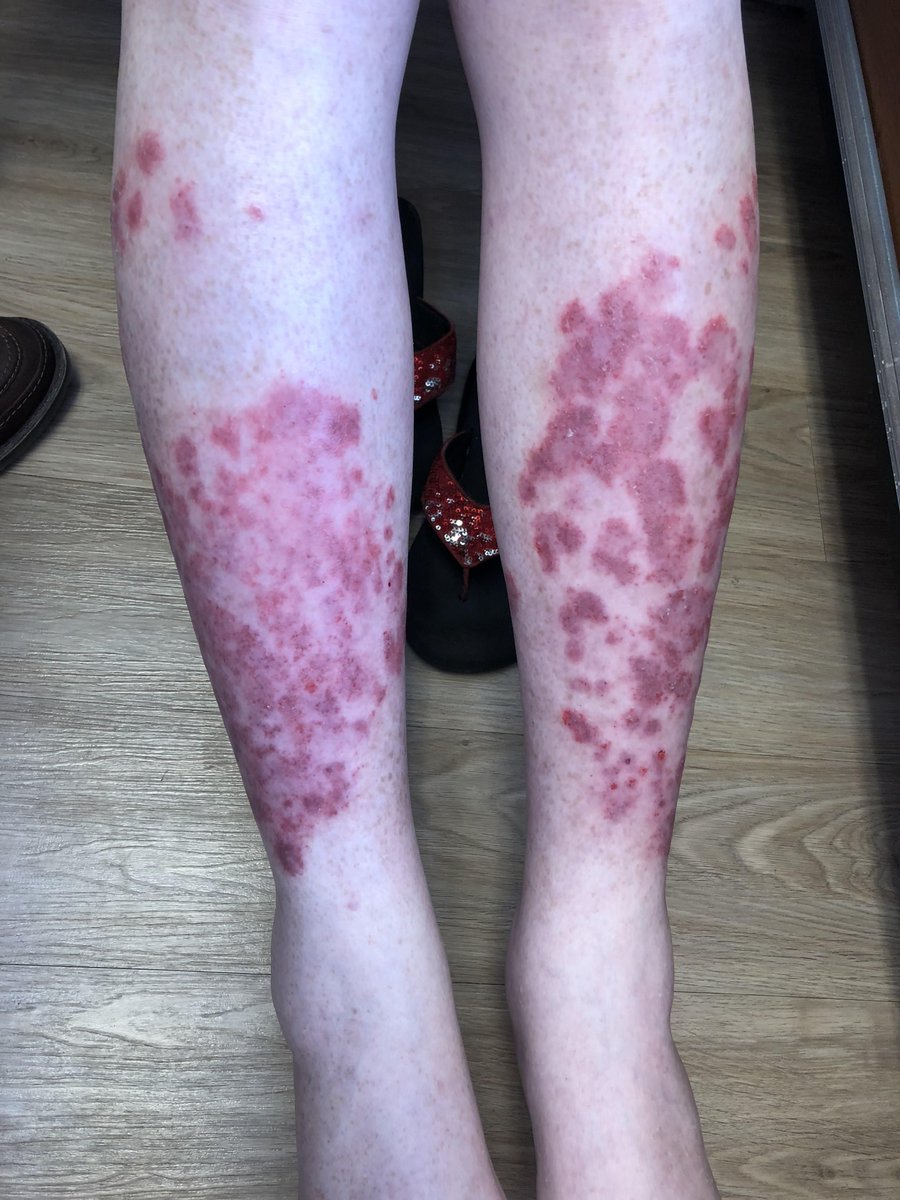
Difficult-to-Treat Psoriasis
This meta-analysis of psoriasis treatments shows that biologic therapies may be less effective in certain psoriasis (PSO) patients, particularly those who are older, smokers, with higher BMI an prior exposure to biologics.
https://t.co/OWzmYShqBs https://t.co/u1995MAB15
Links:
Dr. John Cush RheumNow ( View Tweet)

Low Back Pain? Take a Walk!
A randomised controlled trial of adults with recurrent low back pain (LBP) has shown that a program of progressive walking and education intervention significantly reduced low back pain recurrence.
https://t.co/FTm69VviD1 https://t.co/q53EIxAc1J
Links:
Dr. John Cush RheumNow ( View Tweet)

RT: @synovialjoints In a Swedish-Danish cohort study on patients with PsA, treatment with TNFi was associated with a small increased risk of NMSC and with non-significant numeric risk increases for both BCC and SCC compared with bDMARD naïve #EULAR2024 Abstract 0150
Dr. John Cush RheumNow ( View Tweet)

RT: @aurelierheumo
TOLERA trial in RA
RTX/ABA sequence versus RTX alone
10pts each group
Primary outcome was ambitious: ACPA seroconversion
No difference between ttmts (and also no seroconversion)
No diff in disease activity
No diff in ACPA change wt wk52
OP0069 #EULAR2024
Dr. John Cush RheumNow ( View Tweet)

RT @yuz6yusof #EULAR2024 Cutaneous #lupus is variable & can be difficult to treat. Promising post-hoc data frm Phase 2 RCT showing Deucravacitinib (Tyk2-i) led to improvement & sustained CLASI-50 response in all subtypes (ACLE, SCLE, Chonic and Discoid) #EULARBEST
Dr. John Cush RheumNow ( View Tweet)
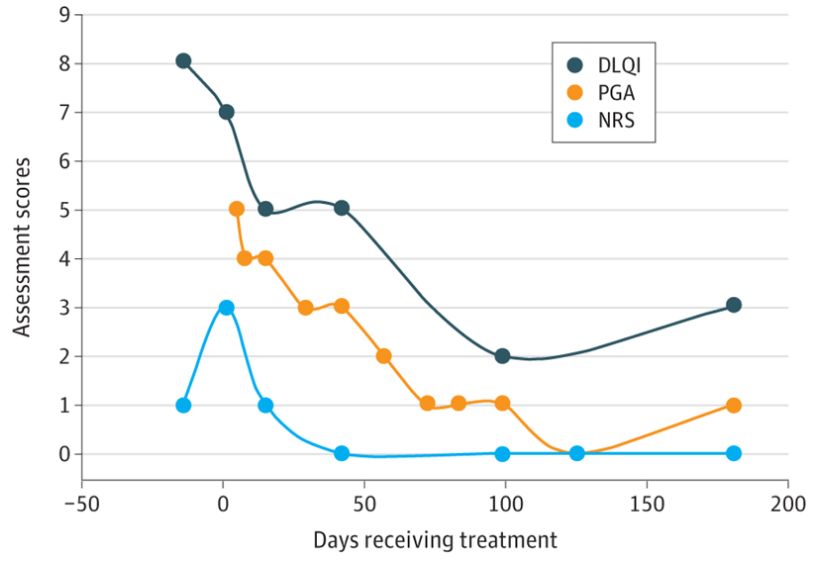
Vilobelimab, an anticomplement factor 5a (C5a) antibody, shown in this case report to be effective in (difficult to treat) pyoderma gangrenosum. https://t.co/P241Knoco6 https://t.co/hrCxOv8SEA
Dr. John Cush RheumNow ( View Tweet)

Prevention of Psoriatic Arthritis
Dr. Peter Nash sharing his perspectives on preventing psoriasis from turning into PsA at Eular 2024 in Vienna, Austria.
https://t.co/DQJ5AcwchL https://t.co/lHtCt720D9
Dr. John Cush RheumNow ( View Tweet)

Digital Rheumatology
Dr. Jonathan Kay reviews abstracts POS0451 and POS0607 presented at Eular 2024 in Vienna, Austria.
https://t.co/9twSiXYL3N https://t.co/9vz77SrVLt
Dr. John Cush RheumNow ( View Tweet)

Late “Breaking”: Reducing Osteoporotic Fractures in Postmenopausal Women
Dr. Janet Pope discusses abstract POS0583 presented at Eular 2024 in Vienna, Austria.
https://t.co/HIXV4EUkJb https://t.co/p38e6pzAvC
Dr. John Cush RheumNow ( View Tweet)
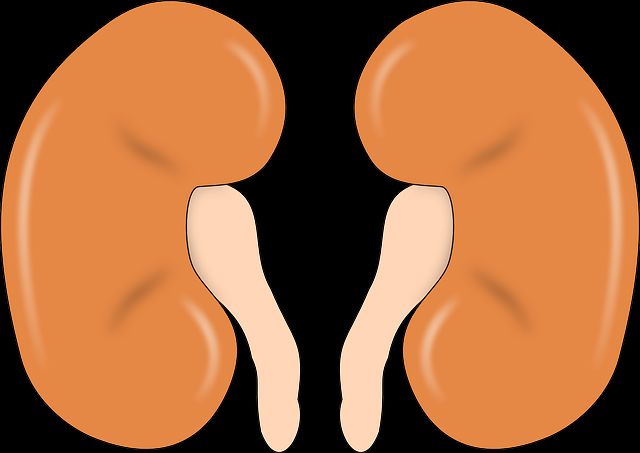
Protective Benefits of SGLT2 Inhibitors and Lupus Nephritis
https://t.co/QKXUxyhPUd https://t.co/Lx0VrBGqtg
Dr. John Cush RheumNow ( View Tweet)
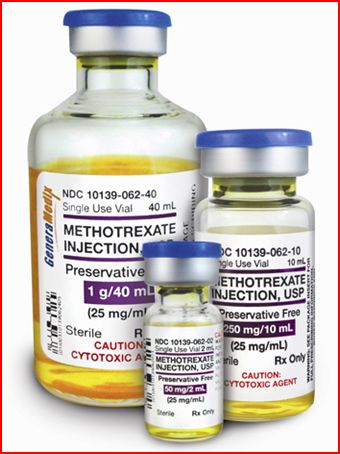
No Risk of Interstitial Lung Disease with Methotrexate Use
JAMA reports a cohort study that investigated the association between methotrexate (MTX) use and Interstitial lung disease (ILD) in patients with dermatomyositis (DM).
https://t.co/MslJk5TARw https://t.co/BUUiqC8jaQ
Dr. John Cush RheumNow ( View Tweet)
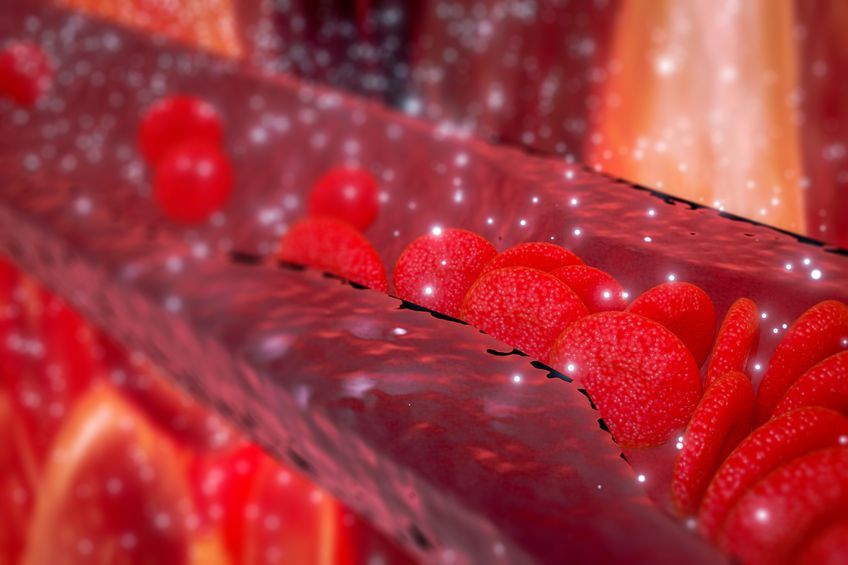
TARGET compared triple DMARD to TNFi in 122 RA pts and association with CV risk. In a subanalysis they found no correlation between change in lipid measurements and change in vascular inflammation by FDG-PET. https://t.co/0HKogmdRGH https://t.co/cD7UVTgTQ3
Dr. John Cush RheumNow ( View Tweet)
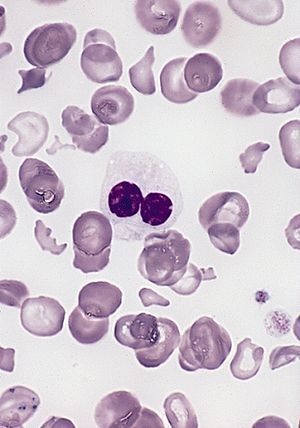
Systematic review of Autoimmune Dz (AID) & myelodysplastic syndrome (MDS) finds AIDs found in 17.5% of MDS pts. With AID, MDS mortality rates ranged 15.3-67%. Why this relationship exists is unclear. https://t.co/SZNH8v2CIT https://t.co/QTGiqUCqqs
Dr. John Cush RheumNow ( View Tweet)

Lit. cohort analysis of >330K #AS shows higher risk of cancer (RR=1.16: 1.07–1.26); w/ higher risk in Asia, but not Europe. Increased CA risk for : bone (RR 3.41), thyroid(1.76), myeloma (1.74), leukemia (1.52), kidney (1.45), prostate (1.43), NHL (1.42) https://t.co/disRefur0l https://t.co/ffjED0Ftvc
Dr. John Cush RheumNow ( View Tweet)

ChatGPT in Rheumatology and Qualitative Research
Dr. Bella Mehta discusses abstract OP0158 presented at Eular 2024 in Vienna, Austria.
https://t.co/2EGLJdK2Pl https://t.co/AaRFqyo6jq
Dr. John Cush RheumNow ( View Tweet)
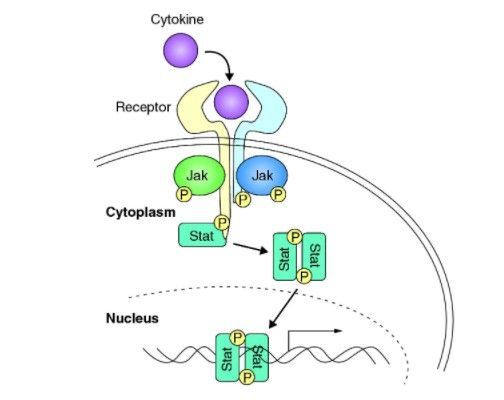
New indications for JAK inhibitors
There are several new positive RCTs for JAK inhibitors. We are so familiar with RA, PsA, SpA, axSpA and non radiographic axSpA.
https://t.co/L0QRj5ZWEE https://t.co/SdtuAahA13
Dr. John Cush RheumNow ( View Tweet)





